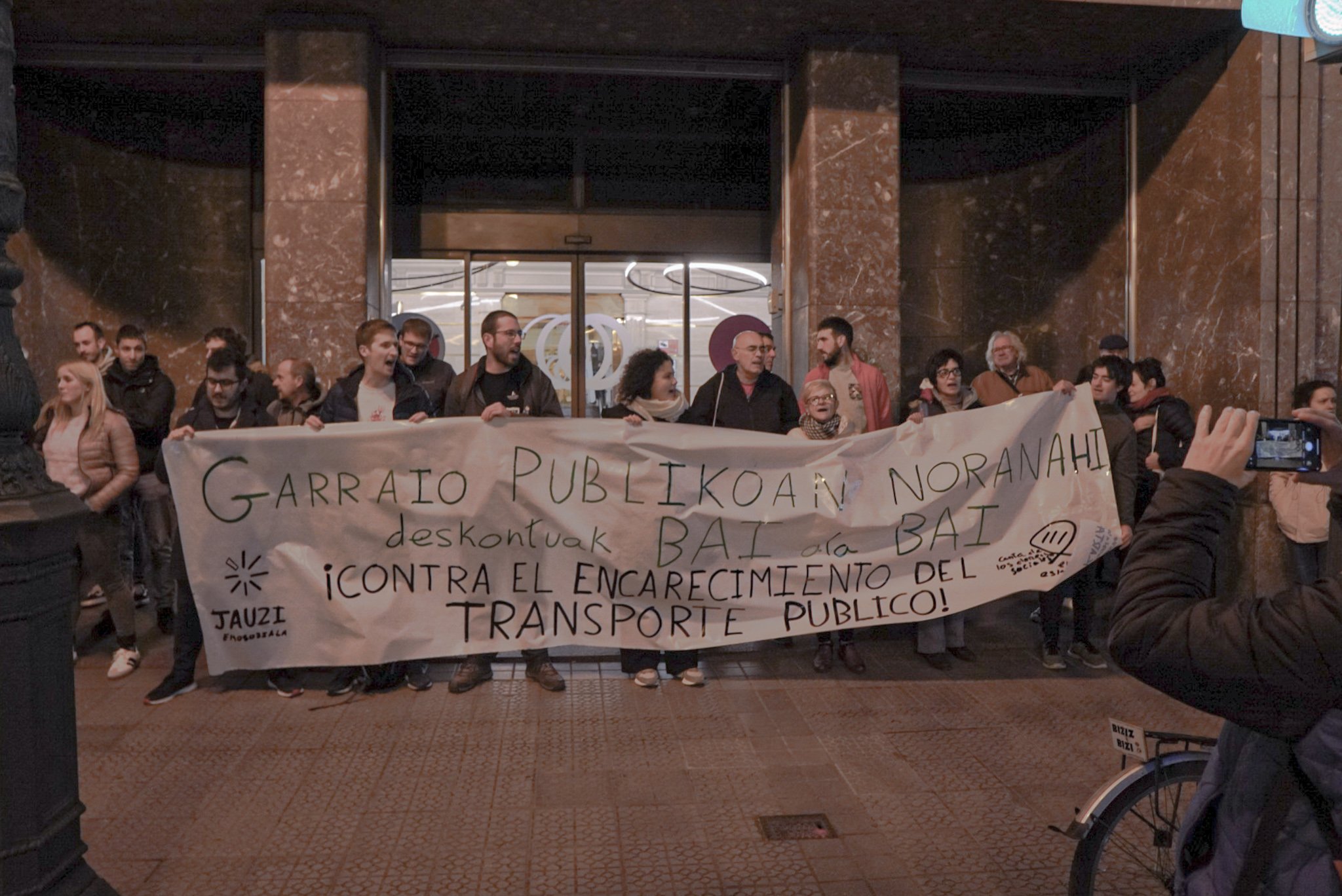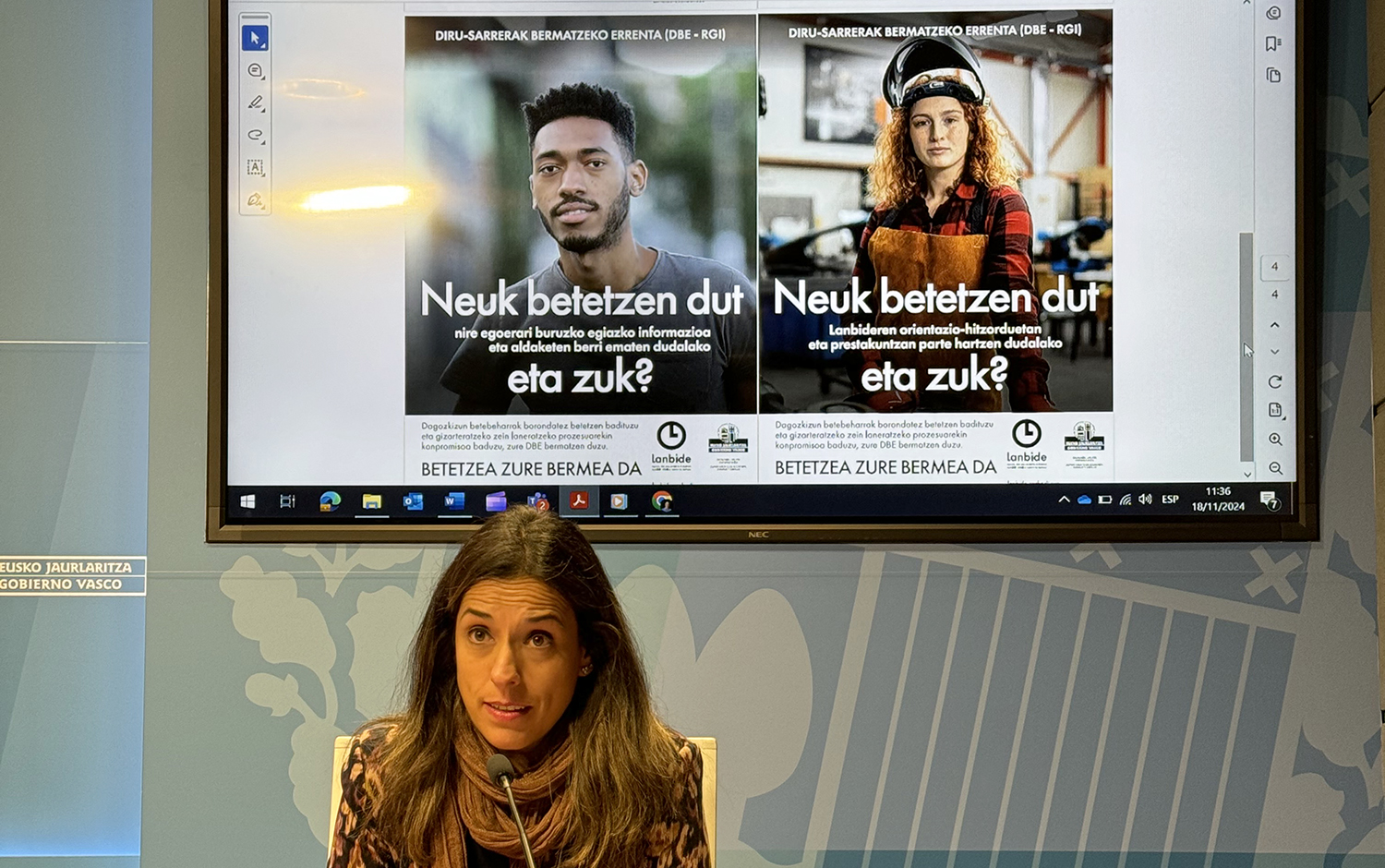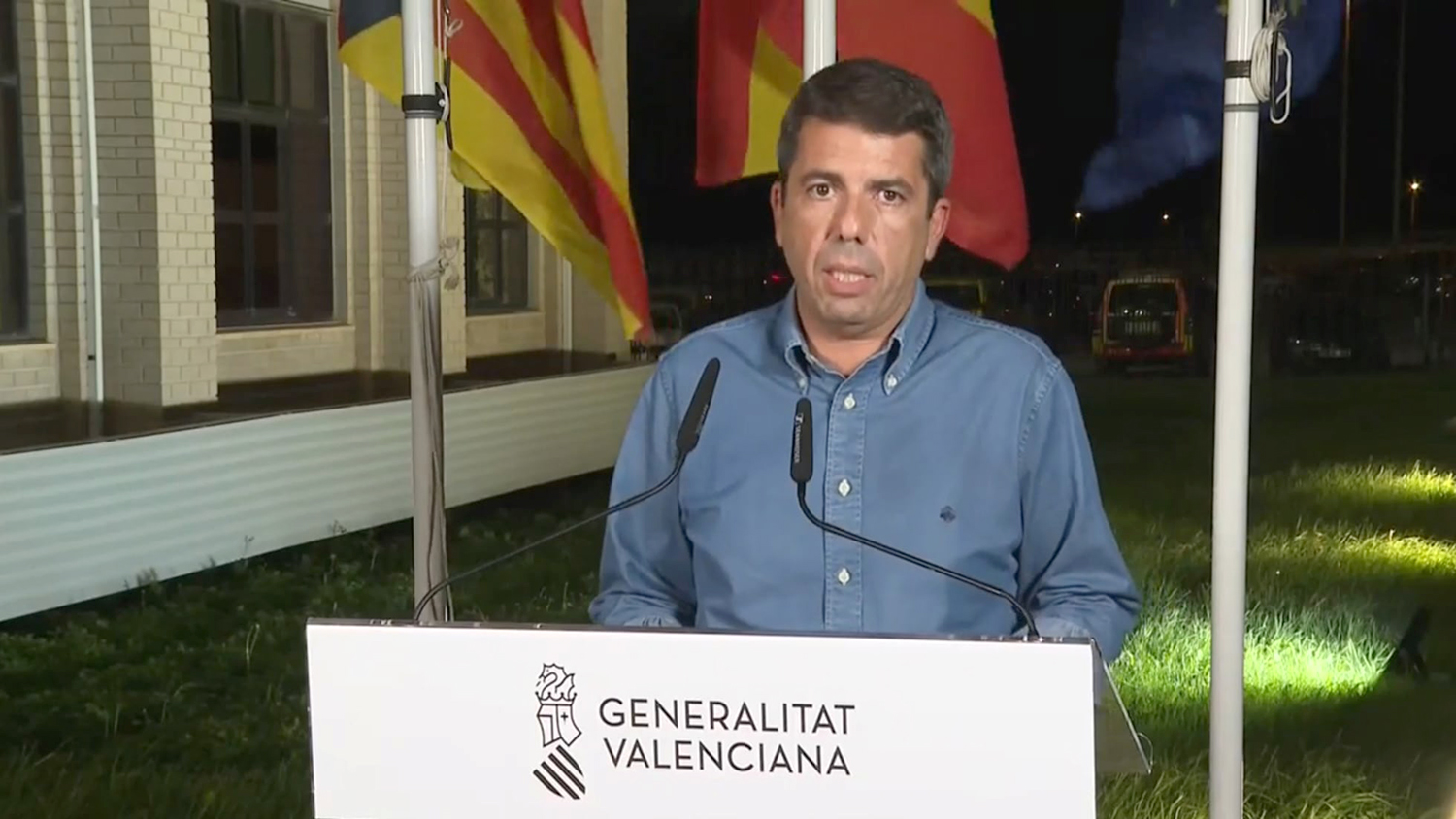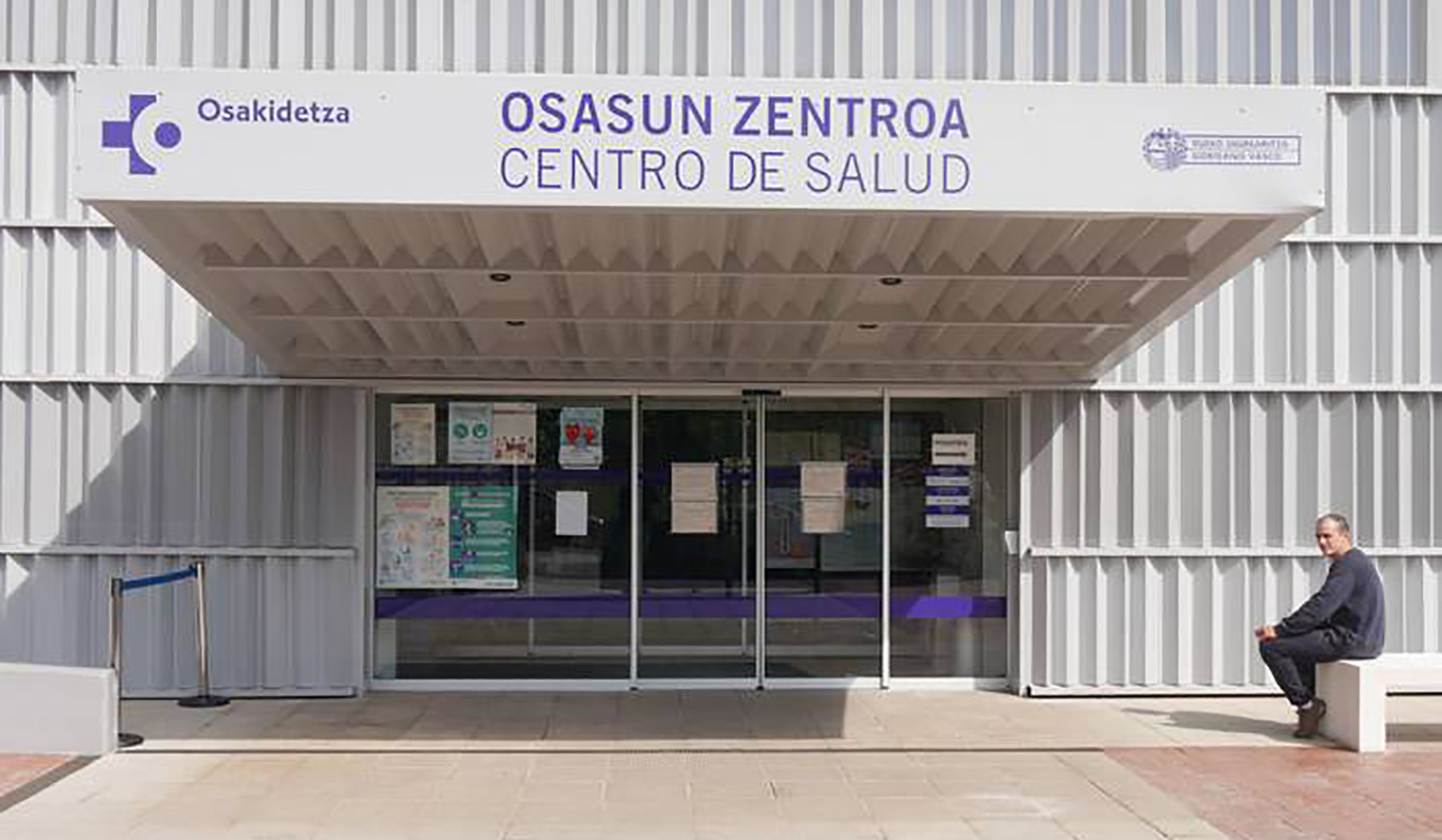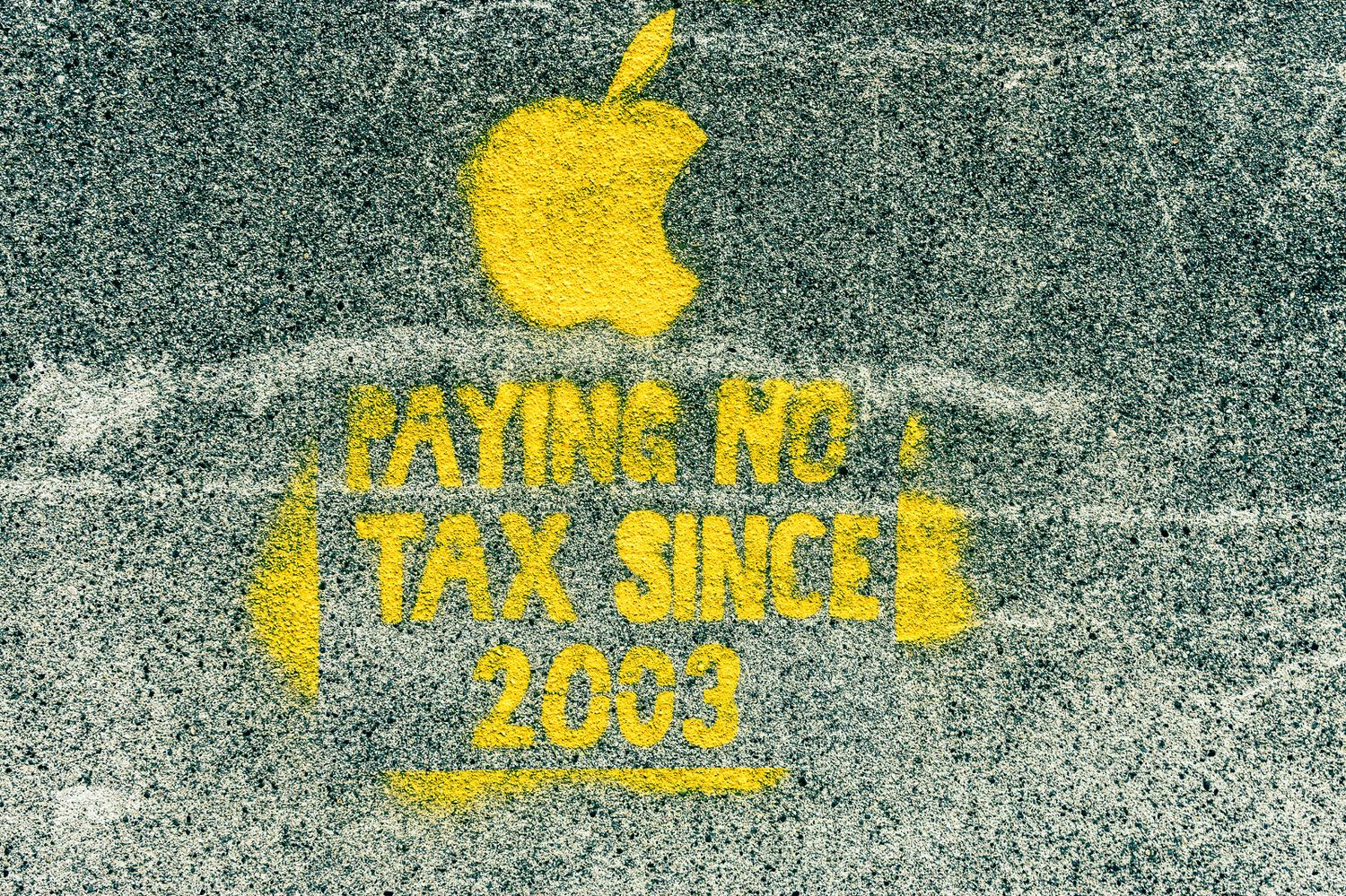Britanization of the European Union
Several countries on the European continent have had the British under suspicion. It should not be forgotten that General Charles de Gaulle vetoed when Britain started taking its first steps in the European Union (EU). However, he became a member in 1973.
The first years were easy for both sides, but when Mrs. Margaret Thatcher became prime minister, in 1979, comedies began. And that is that he immediately suggested that Britain’s economic contributions to the Union budget were much higher than the amount budgeted. Consequently, there is the annual check covering this difference, called the British check.
As the monetary unit, the British were clear that they could not leave behind the symbol of their sovereignty, the pound sterling. They were convinced that the sum of the currencies was going to weaken City's businesses and decided to stay out of the euro. In this way, they were left with the best instrument to conduct an autonomous monetary policy, unlike the Spanish State or any other Member State, which can annul or revalue the pound sterling. Once again, following British custom, they got away with it, at no cost as well.
In the days of Thatcher, the British public sector began to be privatized, a privatization policy that has spread to countries around the world: the public always works badly and the private always well. This dogma has been internalized everywhere. The EU has also embarked on the path of privatisation and we are seeing the disaster of the quality of services.
On the other hand, it is known that the first objectives of the EU were the development of cohesion and well-being among the European countries. But those goals have never liked the British, let alone Thatcher and Tony Blair, who have been able to slow down progress. Its objective and objective has been to make Europe as a whole a free market, including the countries of the East, apart from social cohesion.
To that end, the Treaty of Amsterdam allowed it. Indeed, from 1997 onwards, the avenues for countries such as Romania and Bulgaria to become backward EU members, among others, remained open. The EU certainly had to put little money into strengthening the economies of these backward countries. Large economic differences are therefore maintained and multinational companies will have every facility to move within the EU, as labour cost differences are very significant: In Sweden, the average hourly wage is EUR 43.80 and in Bulgaria EUR 2.90. Where is cohesion?
And what can we say about European foreign policy or common defence? Each country operates on the basis of its interests and the British have their own interests.
Finally, the money market has made Britain untouchable. In fact, they do not even want to hear about the application of the Tobin Tax to the money movements in the City. Meanwhile, the British country is surrounded by tax havens: Jersey, Man, Gibraltar, etc. Action seems to have to be taken against these havens, but in reality they do very little, because the rich who benefit from these havens have too much political capacity.
Yes, it has been approved that English is the common or most widely used language of the EU. That is what Britain has brought us together!
Pazienteek Donostiara joan behar dute arreta jasotzeko. Osasun Bidasoa plataforma herritarrak salatu du itxierak “are gehiago hondatuko” duela eskualdeko osasun publikoa.
PPrekin eta EH Bildurekin negoziazioetan porrot egin ondoren etorri da Ahal Dugurekin adostutako akordioa. Indar politiko honek aitortu duenez, maximalismoak atzean utzi eta errealitateari heldu diote, errenta baxueneko herritarren aldeko akordioa lortuta.









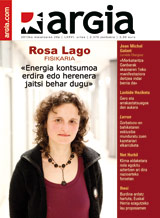


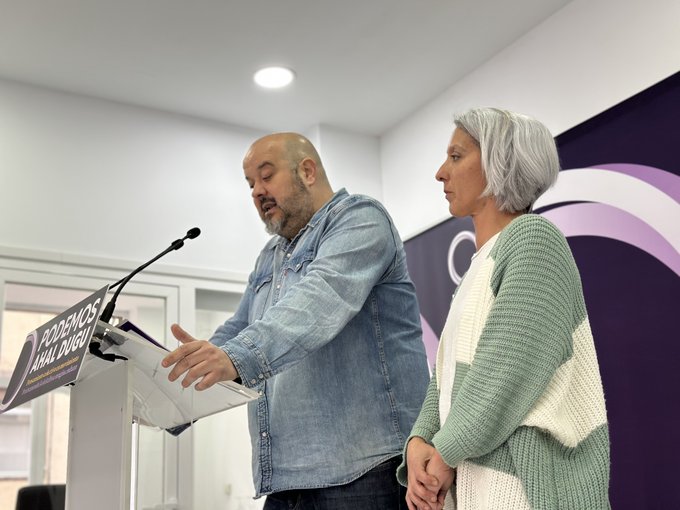

.jpg)


